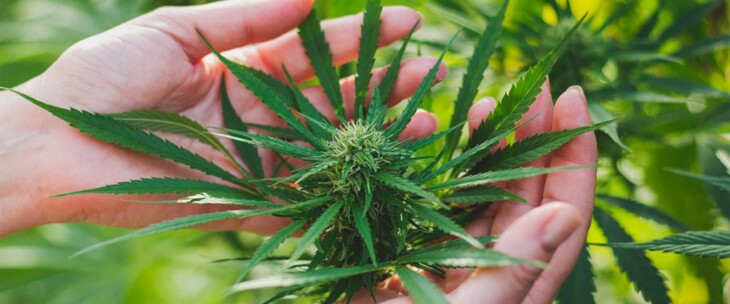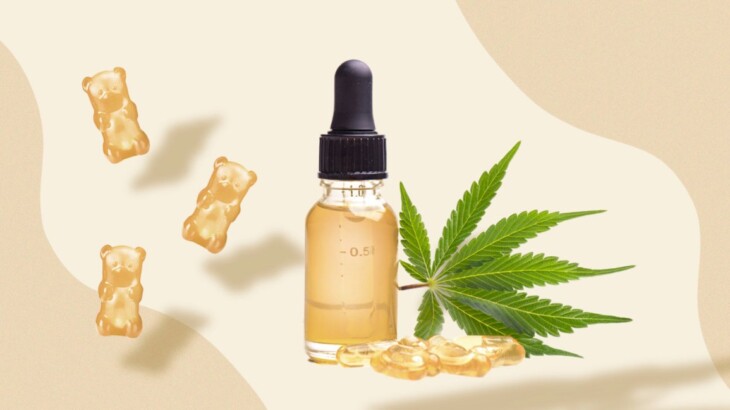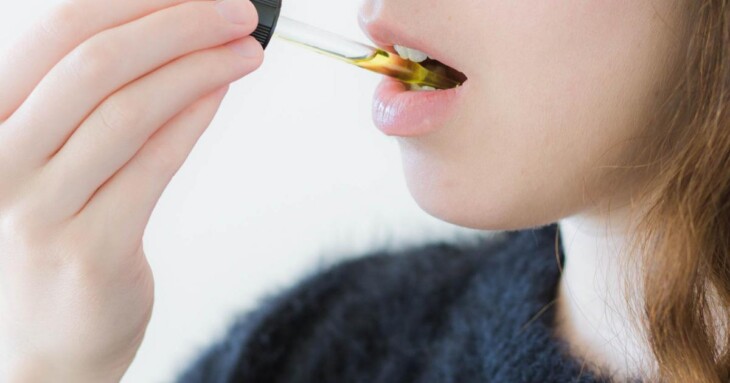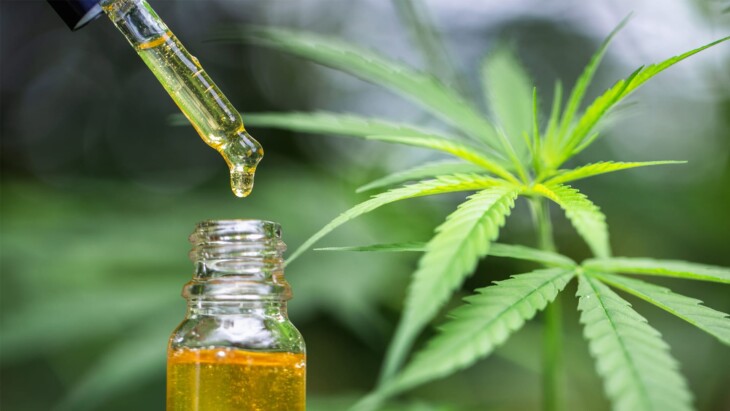It’s no secret that CBD has become one of the most talked-about products in the wellness industry. The compound has provided a range of health benefits for its users, making it a very popular choice among people that struggle with issues such as chronic pain, sleep troubles, anxiety, and depression. Testimonies from numerous people that have benefited from the use of various CBD products has convinced experts this supplement deserves more attention, and numerous studies now prove how beneficial CBD can be when dealing with certain conditions.
Still, just as it happens with any new product on the market, despite the array of information that is available online, people are still reluctant to trust the product due to a number of misconceptions they have encountered when looking to learn more.
It is not always that these misconceptions arise because someone is attempting to spread false information. It often happens because CBD research is still in its early stages, and scientists are constantly making new discoveries, meaning some of the things we believe to be true may change when new information is discovered. This is why it is important to find reliable sources when looking to find more about the benefits of CBD.
To help clear the air, we have put together a list with some of the most common misconceptions people still have about CBD, together with the facts that contradict them.

img source: medicalmarijuanainc.com
Contents
Marijuana and hemp are one and the same
CBD can be extracted from both the marijuana and hemp plant. Most supplements on the market, however, use CBD derived from hemp plants, to make sure it can be used by consumers with any legal concerns. Keep in mind that, despite being part of the same plant family, marijuana and hemp are two different type of plants.
The main difference between marijuana and hemp is THC. The hemp plant is high in CBD, only containing small to no traces of THC, whereas the marijuana plant is high in THC. This is why a large part of the CBD production comes from the hemp plant and only contains very small traces of THC. Another difference involves legal aspects, as hemp and marijuana are affected by different laws.
It’s illegal to buy CBD products

img source: healthline.com
Under the 2018 Farm Bill, hemp farming became legal across the United States, making all hemp-derived goods legal as long as they comply with the regulations in place. This means that, as long as the CBD oil, capsules, or topicals are derived entirely from the hemp plant, there is no reason to be concerned.
Still, marijuana continues to be federally illegal and only some states have deemed its use legal for either medicinal or recreational purposes. In states where marijuana is illegal, you may run into trouble if you use CBD products derived from the marijuana plant, so make sure to check with local law and regulations to ensure you are not going against the law. The CBD provider should also state the origins of its products on their website, so that you know exactly which type of plant they come from.
I will get high if I use CBD
CBD is a chemical compound obtained from the hemp or marijuana plant, but it has no intoxicating properties. However, many people confuse it with THC, which is the chemical compound that makes you high. While it is true that the two work well together, they are not one and the same things and can work just fine individually.
It is also wrong to say that CBD has no psychoactive effects, as it has important anti-anxiety properties that do impact the brain, but these effects are not intoxicating. This is why people who suffer from anxiety, depression, or sleep disorders frequently use it. As the experts at PureHempFarms point out, some CBD products can contain trace amounts of THC (less than 0.3 percent), but not enough to get you high. This is why CBD can be classified as psychoactive, but it is not intoxicating.
I can get addicted to CBD

img source: benzinga.com
Contrary to what some people may think, CBD does not cause addiction, no matter they type or quantity of products used. What’s more, CBD is actually believed to be a more suited treatment method for pain, as opioid medication has proven to be highly addictive for patients.
A number of studies even go on to say CBD can help fight addiction caused by morphine and other painkillers by lowering the pleasure your body feels when taking them. Other patients have indicated that, since taking CBD, their need for opioids has significantly decreased, preventing them from developing unhealthy behaviors.
If I take a drug test, it will show that I use CBD
Because of the misconceptions surrounding CDB, people are often afraid to admit they use it, or try to keep this fact hidden. Many people are concerned that if they use CBD for pain relief or to help with insomnia, their employer will detect it on a routine drug test.
Employer drug tests typically look for THC, not CBD, so using CBD oil to help you sleep better at night will have no effect on the test. Even products with trace amounts of THC are safe to use because the dose is too low to result in a positive drug test.
CBD will make me tried

img source: healtheuropa.eu
Many people use CBD to help them sleep better, as the compound interacts with your body’s natural endocannabinoid system, which is responsible, among others, for regulating sleep. However, many people believe that, due to this effect, CBD will make them feel tired and drowsy. This misconception also comes from the fact that many people don’t know the difference between CBD and THC, with the latter being known for making you want to sit on the couch doing nothing all day.
CBD products only contain small traces of THC, if any, which is too little to give out the same effect. CBD has been shown to reduce anxiety and improve sleep, but these effects are distinct from sleepiness or drowsiness. CBD may make you feel calmer, indeed, but it will not prevent you from going about your daily routine.
